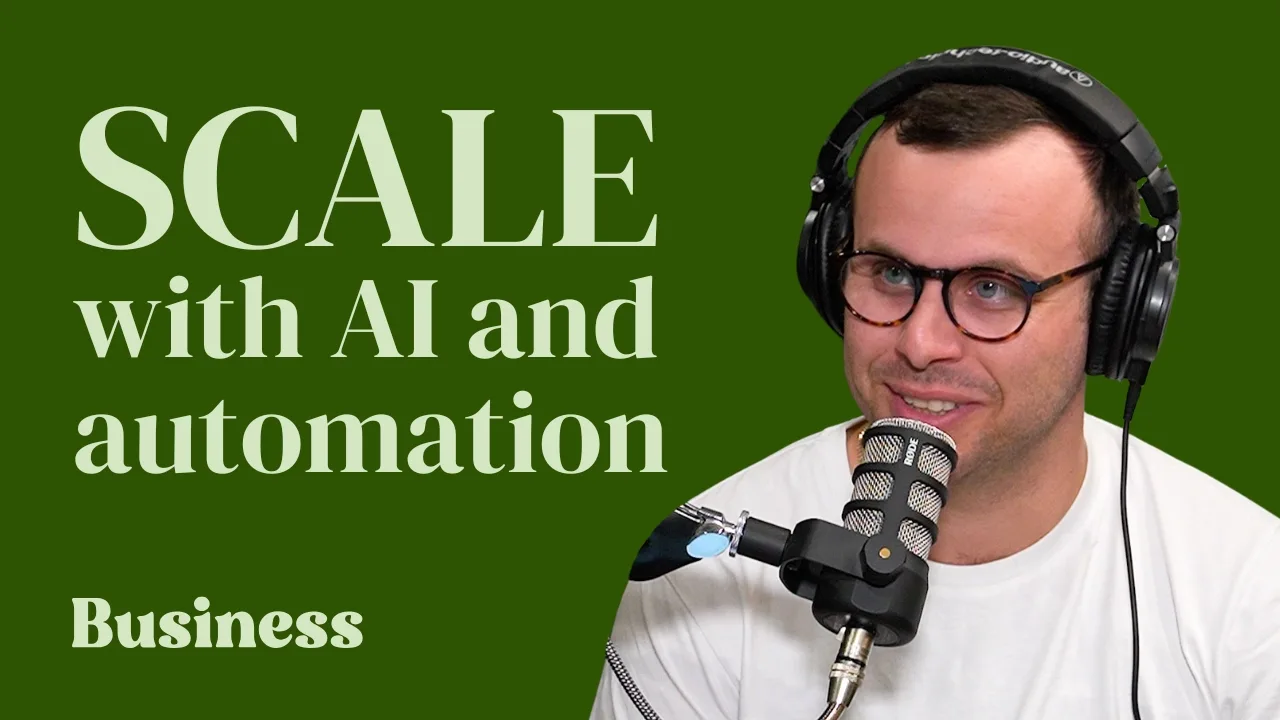There is no doubt that Platinum Asset Management Limited (ASX: PTM) (“PTM“) is one of the most respected listed companies in Australia.
Under the leadership of its co-founder, Kerr Neilson, PTM has seen tremendous growth over the years. It now has an estimated $27 billion under management. Neilson is known as one of the best investment managers in Australia with personal wealth estimated at $1.44 billion in the recent ranking of Australia’s richest people.
In a recent news article, PTM was described as a trailblazer in the Australian market when it began offering local investors exposure to global equities about 25 years ago.
What struck me with the trailblazer description is the fact that even that long ago – 25 years – Neilson had pointed out the importance of looking outside Australia – to invest in international markets – to go global if you want to grow your investments.
The fact that PTM has grown to be one of the top listed funds management companies in Australia by investing in global markets highlights the fact that there are many more investment opportunities and potentially better returns for those willing to look outside the domestic market.
Sad to note, but it seems that many Australian investors are still afflicted with the home country bias when it comes to investing. Despite the fact that Australia accounts for well under 3 per cent of global market capitalisation, many investors are still holding only Australian shares.
It may still take a few years for Australian investors to embrace investing in international markets, but the glowing and profitable example of PTM and Kerr Neilson may just provide the much-needed impetus for many investors.
In the news article, Neilson shared some of his key investment insights which have stood the test of time during his tenure managing and building PTM.
Here are the top three investment tips that I got from Kerr Neilson:
1. Think of the future, not just what is happening now
Since founding PTM, Neilson would have seen all sorts of market developments, technological advancements and industry changes that have impacted the markets.
The astute investor and trend watcher that he is, Neilson said investors need to be agile and flexible to cope with new possibilities rather than getting stuck or reverting to the old ways.
Whether he’s talking about new technologies – the internet, digital and social media development, fintech, cryptocurrencies, artificial intelligence or robotics – Neilson’s advice is for investors to welcome new investment opportunities that may come along together with upcoming technologies and developments around the world.
To me, this makes a lot of sense because there is no way we can stop the coming of new technologies, new ways of doing things or new ways to deliver services.
You need not look far. You only have to see what you’re using to read this article now – your mobile phone or another smart mobile device. And have you noticed that you’re reading more e-books now (courtesy of Amazon Inc) and that you are regularly checking your social media updates (via Facebook Inc and Twitter Inc).
These are only some of the ‘new’ developments that will impact the global investment landscape. As an investor, we all need to be on the lookout for the opportunities that these innovations can bring.
2. Continue to build your knowledge
As a voracious reader, Neilson highly recommends that investors continue to build their knowledge of the markets and investment in general. He cited Warren Buffett, also known as the ‘Sage of Omaha’, as a widely-read investor who devours a huge amount of information on a daily basis.
I couldn’t agree more with this advice. Investors are really in a good position now that we have so much information available online. From company information and analysis, stock market prices, charting and technical analysis tools, investors pretty much have all the information they need to make wise investment decisions, right at their fingertips.
Whether you’re after some company-specific information or you want to read up on an industry or sector, chances are you will find the information you need by typing a few words in Google. So, why not make it a habit and part of your investment education to read several pages or websites per day.
3. Focus on relevant issues and learn how to deal with information overload
While admitting that there is definitely a lot of information, some of which may not be relevant, Neilson said investors should learn how to deal with the huge amount of information. It is best to focus only on the important and relevant issues, he said.
In another interview, he explained this by saying investors should focus on the price of the stock they want to invest in. Like Warren Buffett who is known to invest in undervalued companies, Neilson said investors should focus on whether the stock they want to invest in has the potential to deliver value or is it overvalued already.
Despite the ‘noise’ and ‘chatter’ going on in the markets across the globe, Neilson said there are still investment opportunities that will deliver value if investors focus on the right price for their investments.
Reviewing these investment insights and tracking the growth of PTM over the years, there is no denying that investing in international markets has always been at the core of the company’s investment strategy.
From a smaller investor’s perspective, it will be worthwhile taking heed of Kerr Neilson’s advice to invest in the global markets. Look outside Australia. There’s a whole wide world of investment opportunities outside our domestic share market.

This article was written by Alex Douglas, Managing Director of Monex Securities Australia (AFSL: 363 972), part of the Monex Group Inc.
The content of this article is given for general information only. As general information, no consideration or evaluation is given to the investment objectives or financial situation of any particular person. Trading and investing involve substantial financial risk. All readers of this article should make their own evaluation of the merits and suitability of any financial products and/or advice or seek specific personal advice as to the appropriateness of engaging in any activity referred to in this article in light of their own particular financial circumstances and objectives.






